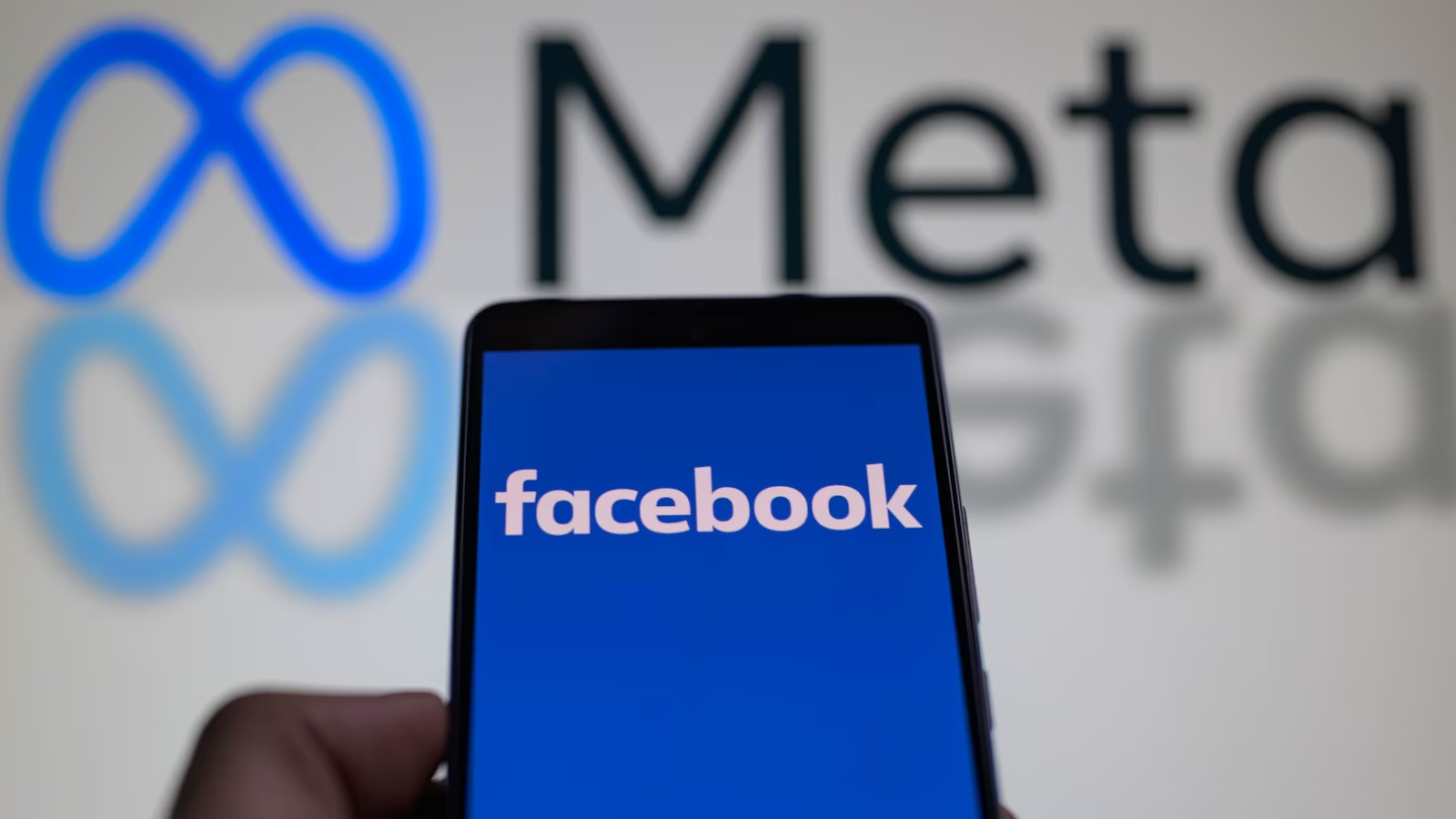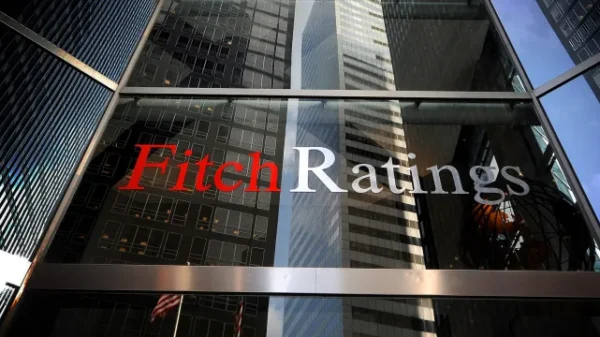AI Model
On Friday, Facebook’s parent company, Meta, unveiled its latest technological breakthrough—an advanced AI model called Movie Gen. This innovative tool is designed to generate realistic video and audio clips from simple user prompts, offering a new frontier in AI-driven media creation. Meta claims that this new technology is capable of competing with leading startups in the media generation space, such as OpenAI and ElevenLabs.
Movie Gen is not just any AI video generator. It can create videos that incorporate both visual and auditory elements, providing a comprehensive multimedia experience. According to Meta, this model is capable of producing video clips that last up to 16 seconds and audio clips as long as 45 seconds.
In demonstrations, Movie Gen generated a variety of content, including animals swimming and surfing, as well as clips where users uploaded real photographs of people engaged in activities like painting. One impressive demonstration showed the model adding pom-poms to a man’s hands as he ran through a desert.
In another example, it transformed a dry parking lot into a wet scene with splashing puddles, as a man skateboarded through it. Additionally, Movie Gen can generate background music and sound effects that sync perfectly with the visual content, further enhancing the realism of the generated media. Notably, it also allows users to edit existing videos, adding new elements or modifying the visual and audio features as needed.
In blind tests, Movie Gen performed admirably when compared to offerings from other startups like OpenAI’s Sora, ElevenLabs, Runway, and Kling.
Meta is clearly aiming to position itself as a leading player in the generative AI market. This development comes at a time when Hollywood is exploring how to harness the power of AI for video production, which has become a hot topic.
Microsoft-backed OpenAI previously launched its own product called Sora, which has the capability to create feature film-like videos from mere text prompts. While many in the entertainment industry are excited by the potential of AI-driven filmmaking, concerns persist over the ethical and legal aspects of using such technology, particularly when it involves copyrighted material.
There are growing fears within the entertainment industry about the possibility of AI models like Movie Gen and Sora being trained on copyrighted works without permission.
Actress Scarlett Johansson previously made headlines when she accused OpenAI of using her voice for its chatbot without consent, raising alarms about the use of AI-generated content without proper authorization.
Lawmakers in countries such as the United States, Pakistan, India, and Indonesia have also expressed concern about the use of deepfakes and other AI-generated media in elections, further complicating the conversation around the technology.
Despite the excitement, Meta representatives indicated that the company does not plan to make Movie Gen available for open use by developers—unlike its Llama series of large-language models. Instead, Meta is taking a cautious approach, assessing the risks of each AI model individually before making it available for widespread use.
The company declined to provide specific details about the release timeline for Movie Gen but mentioned that it plans to integrate the tool into its own products by next year.
Currently, Meta is working closely with the entertainment industry and content creators to explore practical applications for Movie Gen, signaling that partnerships with industry leaders are on the horizon.
To train Movie Gen, Meta relied on a combination of licensed and publicly available datasets. In contrast, OpenAI has been actively engaging with Hollywood executives, discussing potential collaborations involving its own AI tool, Sora.
However, no official agreements have been reached yet. Meanwhile, Lions Gate Entertainment, the company behind blockbuster franchises like “The Hunger Games” and “Twilight,” announced in September that it had allowed AI startup Runway access to its film and television library. This move will enable filmmakers to enhance their projects using AI-generated media, showcasing how rapidly the entertainment industry is embracing AI technologies like Movie Gen.
As AI continues to evolve, the future of multimedia creation looks increasingly intertwined with these technological advancements, but it remains to be seen how issues like intellectual property rights and ethics will be addressed.










